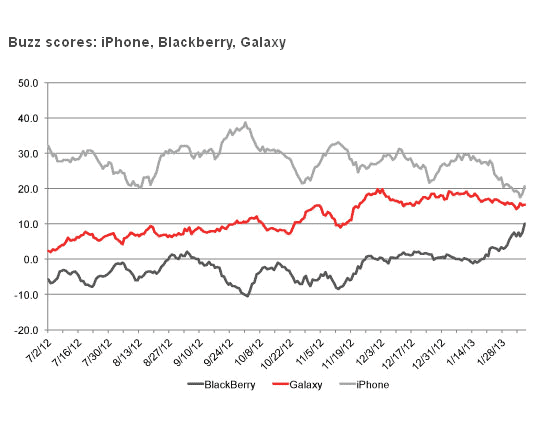
We’ll forgive you if haven’t yet heard their name. After all, as late as 2004 this Milton, Ontario company was plodding along more than a decade after it was founded with just $33 million in revenue. There was no big, splashy Bay Street IPO; the company went public in a reverse takeover of a publicly listed shell, allowing it to raise a relatively meager $10 million in 1997.
In February, however, SXC Health (TSX:SXC) reported its fiscal 2011 results and the numbers surprised even its most ardent supporters. SXC’s revenue grew a whopping 155% to $5 billion, from $1.9 billion in 2010. Earnings were up too, increasing 45% to $166.4 million.
Although it’s not a household name in a consumer market space like RIM, results like these mean SXC Health, which moved its head office to Chicago after listing on the NASDAQ in 2006, will continue to get noticed. The company has already taken home top spot in Fortune Magazine’s 2011 100 fastest-growing companies list, an honor RIM took home in 2009.
__________________________________________________________________________________________________________________
This story is brought to you by Serenic (TSXV:SER). Serenic’s market cap of $3.18 million (as of January 27th, 2012) was less than its cash position of $4.03 million (as of Q2, 2012). The company has no debt. Click here for more information.
___________________________________________________________________________________________________________________
SXC Health, alongside US-based companies such as Medco and Caremark, is a leader in the Pharmacy Benefit Management space. PBM’s process and pay prescription drug claims and act as an intermediary between the health care system and the claimant. The space has grown rapidly; today more than more than 210 million Americans receive drug benefits administered by PBMs. With today’s $4.4-billion acquisition of Catalyst Health, SXC has vaulted itself into the arena of the big boys. On BNN today, Versant analyst Tom Liston said, with SXC acquiring $299-million in EBITDA next year, the Catalyst Health deal is “transformational”.
For many observers of Canadian tech, the timing of SXC’s rise couldn’t be better. 2011 was, without doubt, Research in Motion’s worst year. The company’s entry into the tablet space, The BlackBerry PlayBook, was widely regarded as a flop, and RIM continued to lose market share in the mobile device sector.
RIM’s current problems are well documented. But between 2008 and fiscal 2011 the company’s revenue more than tripled; from $6 billion to $19.9 billion. In 2012, however, RIM’s revenue growth has completely stalled; nine months revenue was down to $14.24 billion from $14.35 billion a year prior. Even more concerning is the fact that gross margins are eroding, from 44.4% in 2011 to 36.3%.
The space between SXC’s $5 billion in revenue and RIM’s near $20 billion is a wide chasm. But with RIM’s future looking uncertain in a increasingly competitive space, the gap may tighten quickly. Before today’s deal, Versant analyst Tom Liston thought SXC’s revenue will grow to $8.2 billion in fiscal 2013. SXC is the Versant analyst’s top pick, and the stock he says is simply a “must own”.
But is there there room in the Pharmacy Benefit Management space for SXC to continue its torrid growth? In 2010, CEO Mark Thierer told Cantech Letter’s Nick Waddell that he believes there are still “great growth opportunities within the U.S. market for SXC…” and that the company would not have necessarily have to look outside the US anytime soon because “…approximately 40 percent of the worldwide pharmaceutical sales, the EU 35 percent and the rest of the world is the remainder.”
And although SXC most direct competitors are not as vertically aligned as SXC, their numbers dwarf even RIM’s topline. Medco’s fiscal 2011 revenues increased 6.2% to a record $70.1 billion. With 2011 revenues of $107 billion, CVS Caremark is even bigger.
While the slide of RIM’s share price has perhaps been disproportionate to the slide in its business fortunes, shareholders are continuing to gain confidence in SXC Health’s stunning rise, which began through the recession of 2008 and hasn’t stopped. On March 14, 2008 shares of SXC on the NASDAQ could be had for $5.22. At press time, SXC was trading, on the TSX, at $85.58.
For Nick Waddell’s recent interview with SXC CEO Mark Thierer, click here.
_
Leave a Reply
You must be logged in to post a comment.





 Share
Share Tweet
Tweet Share
Share




Comment